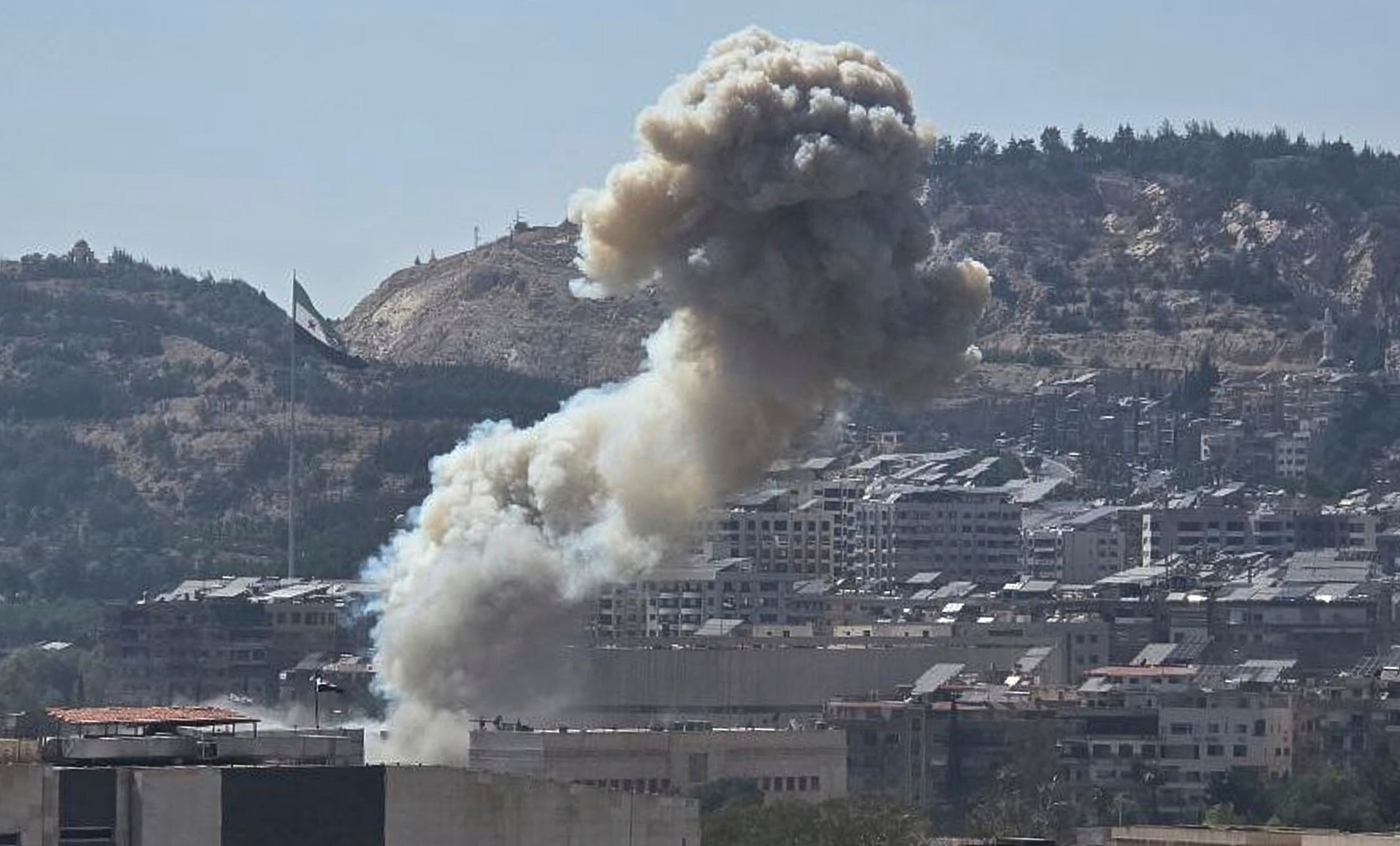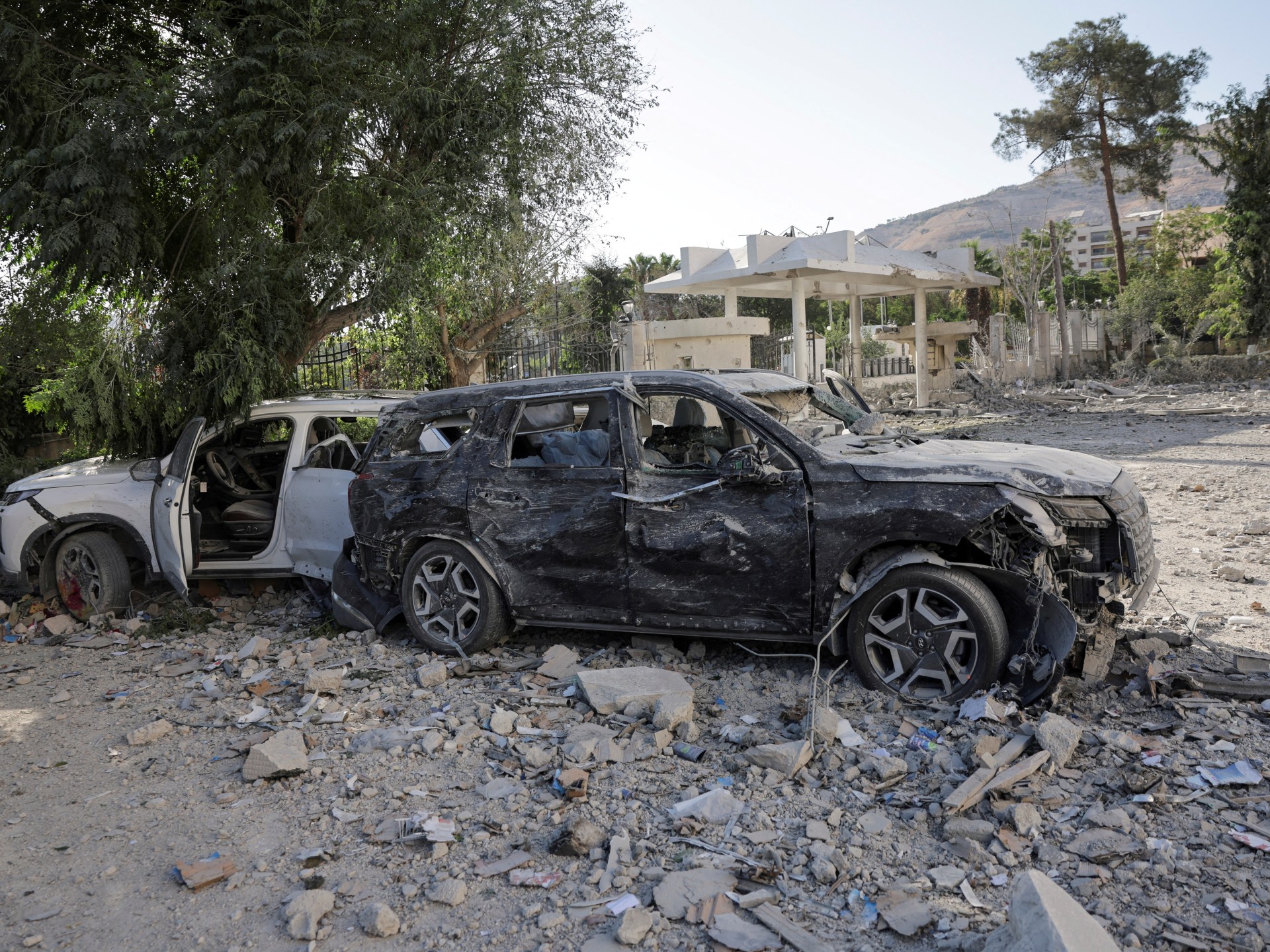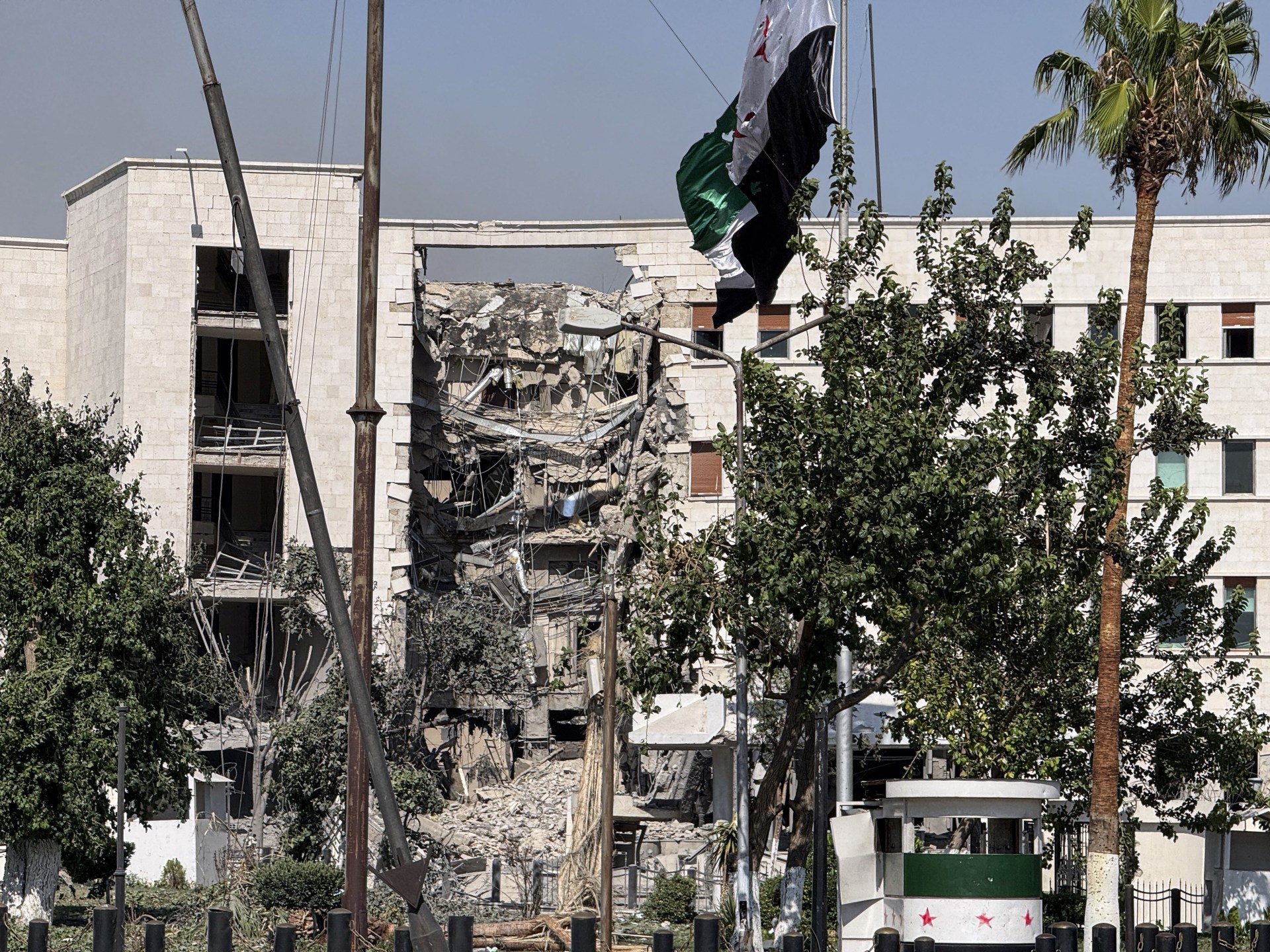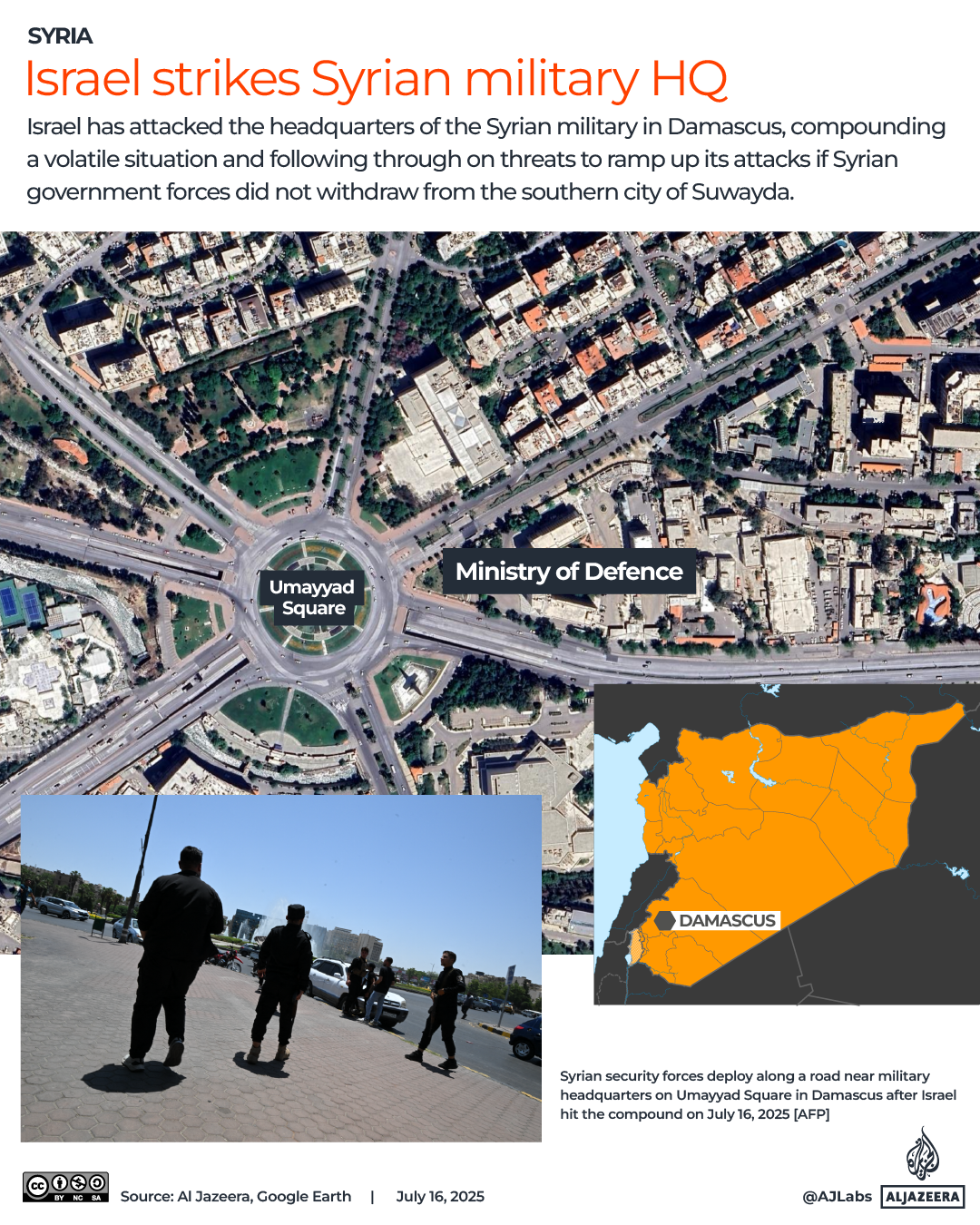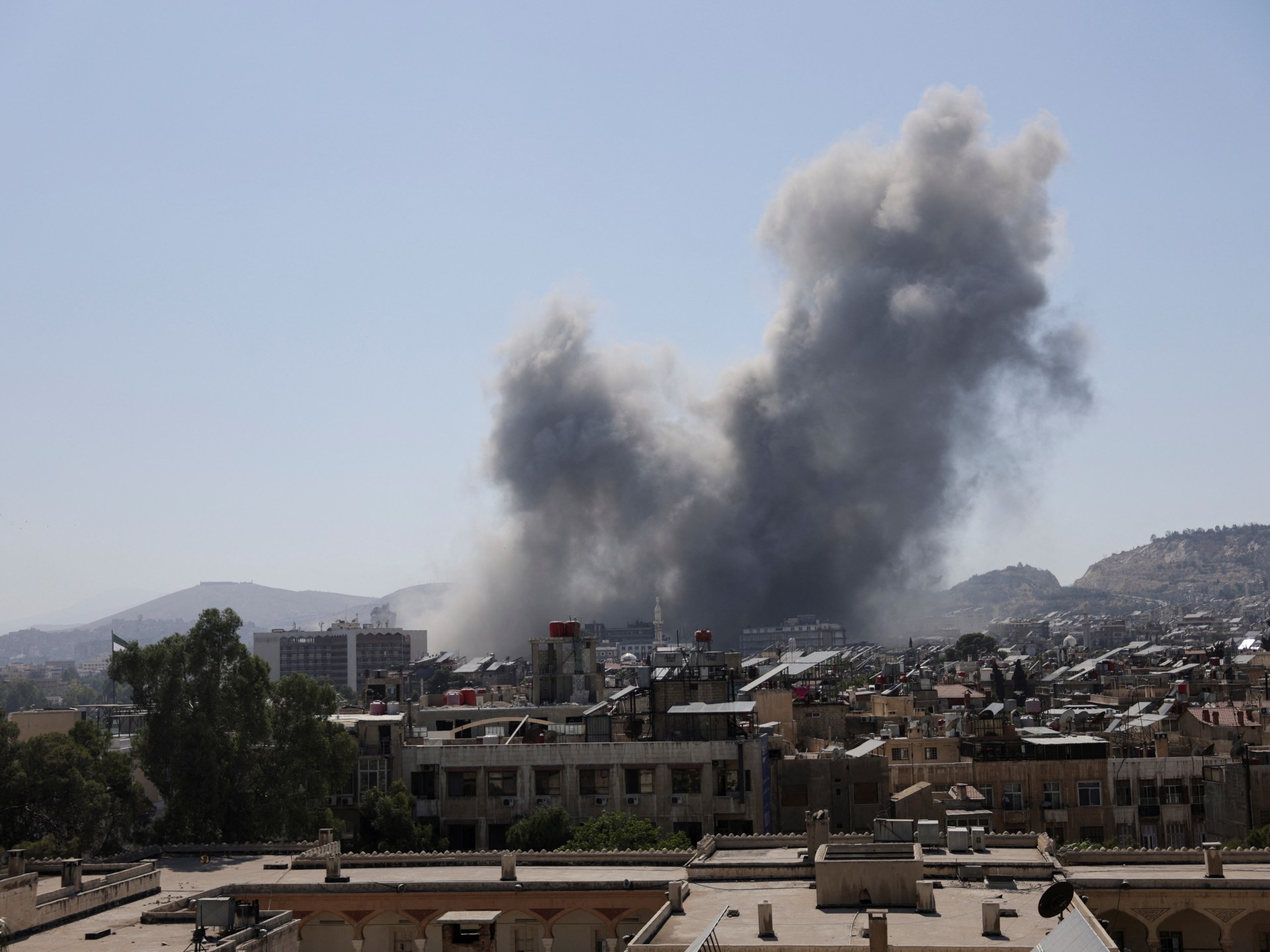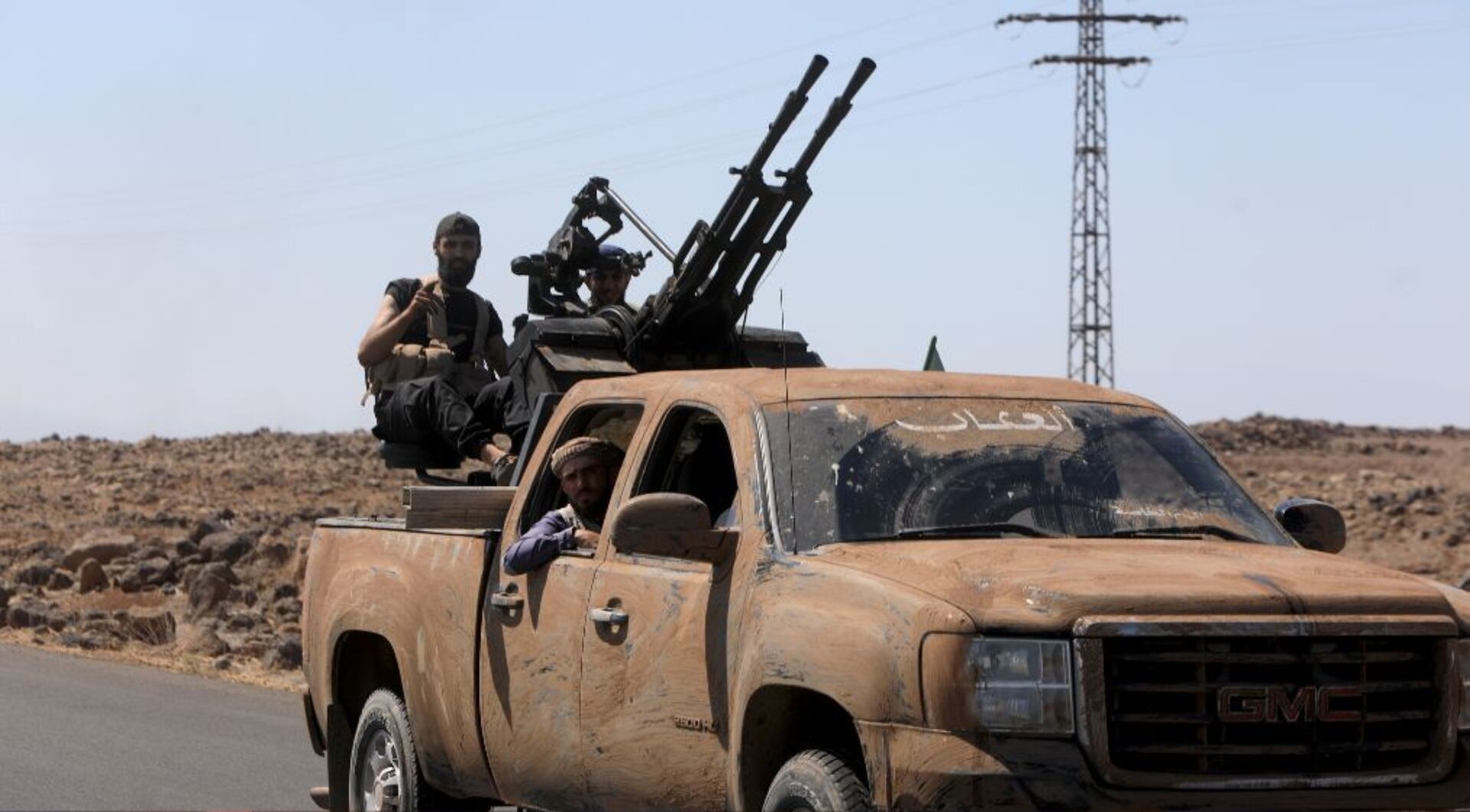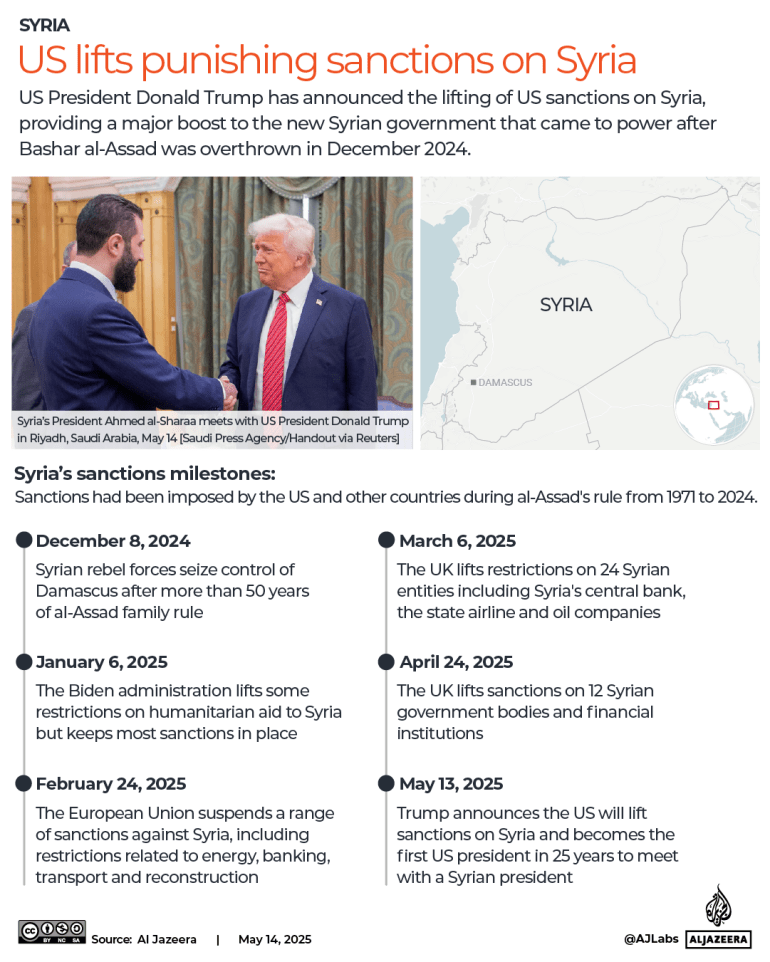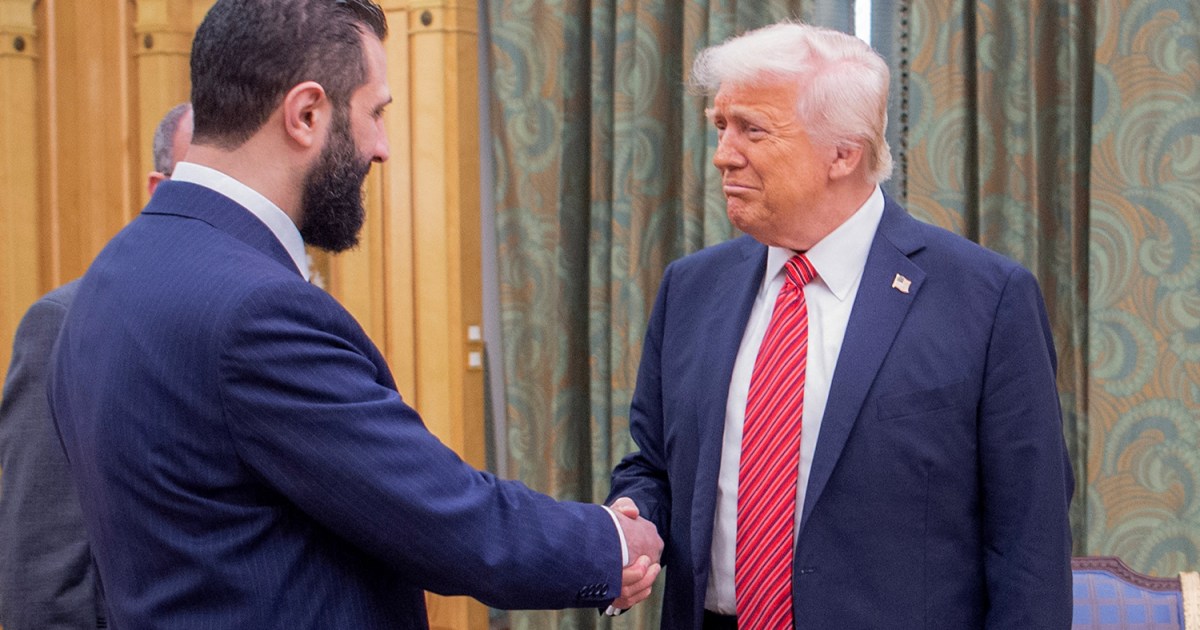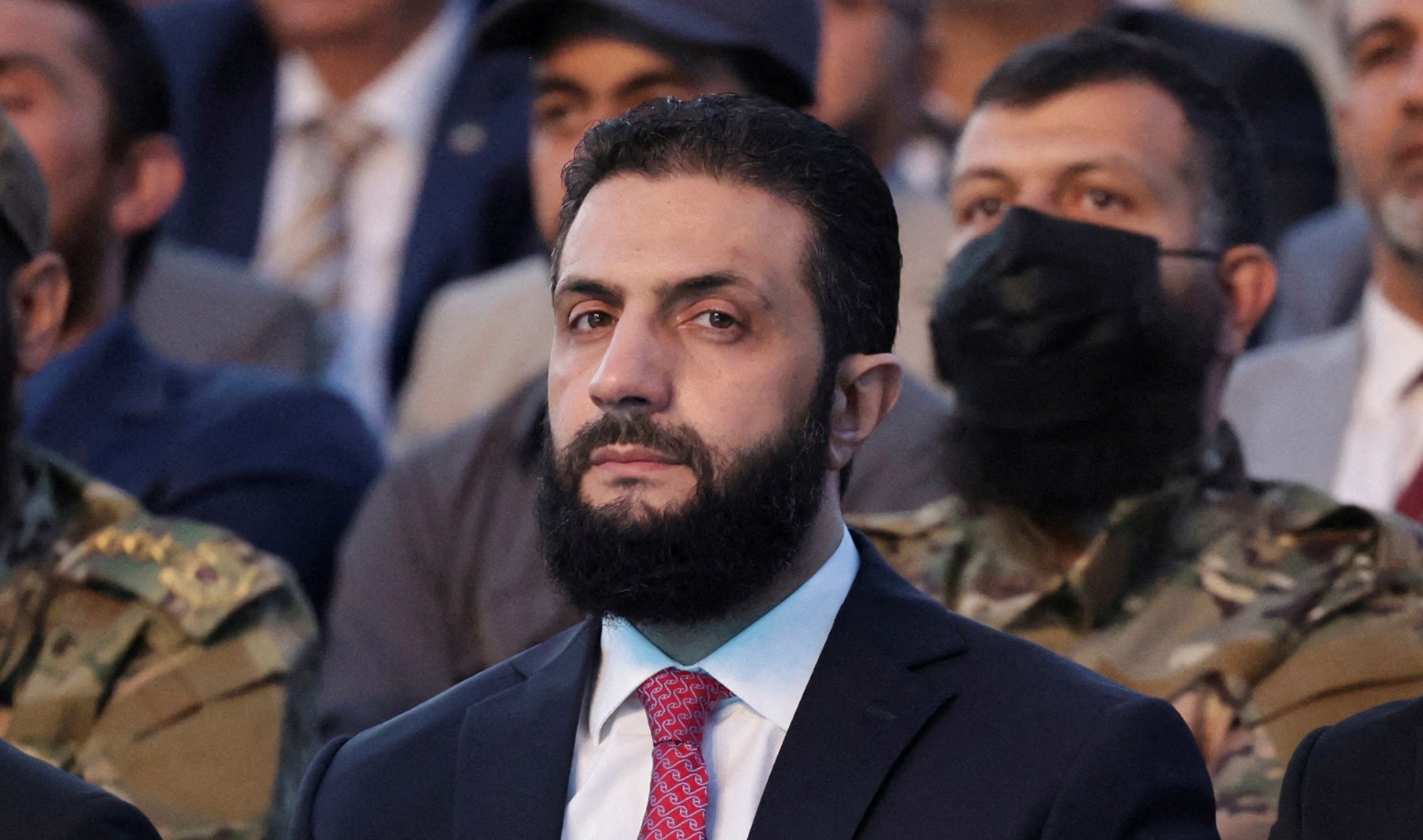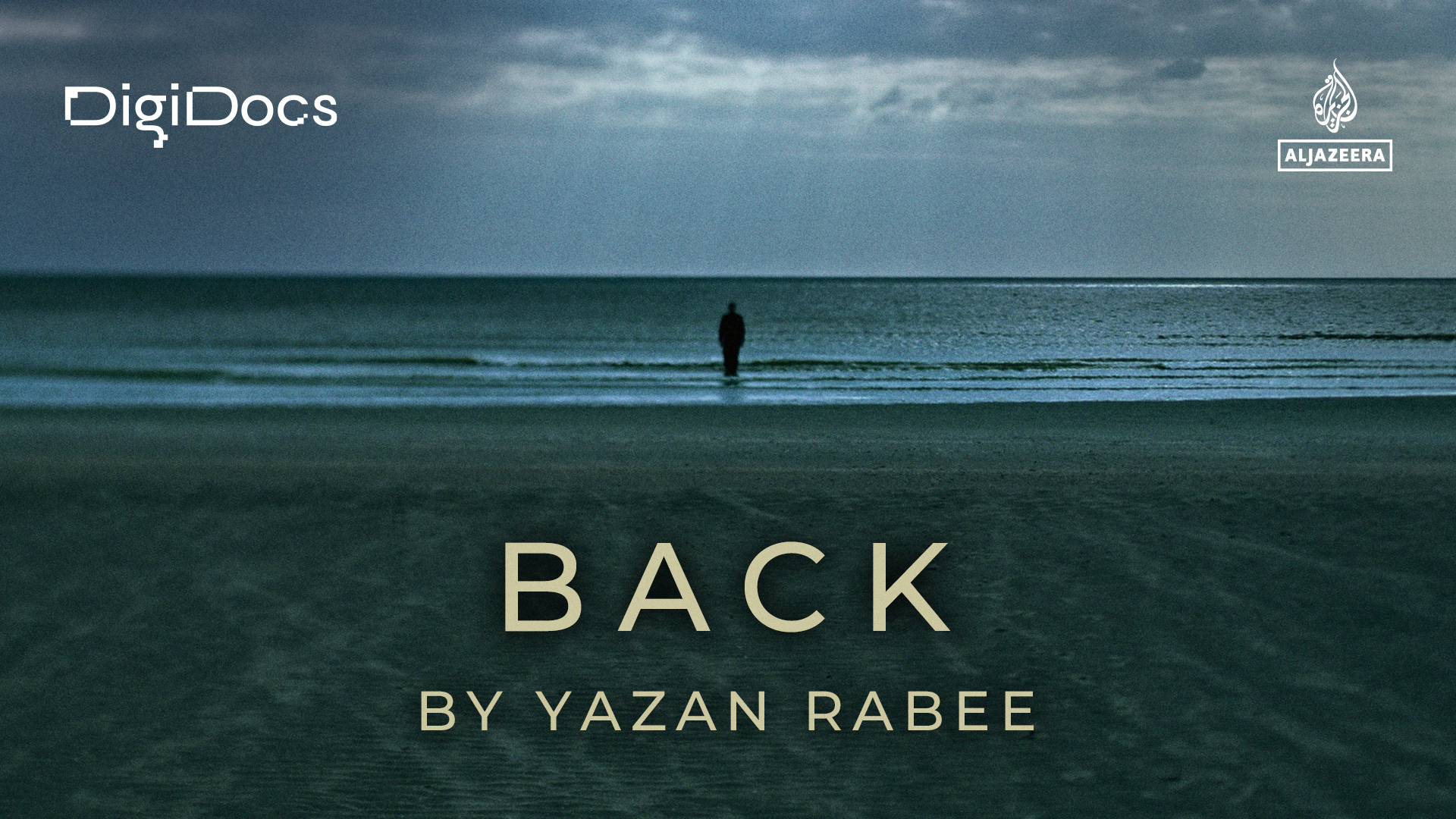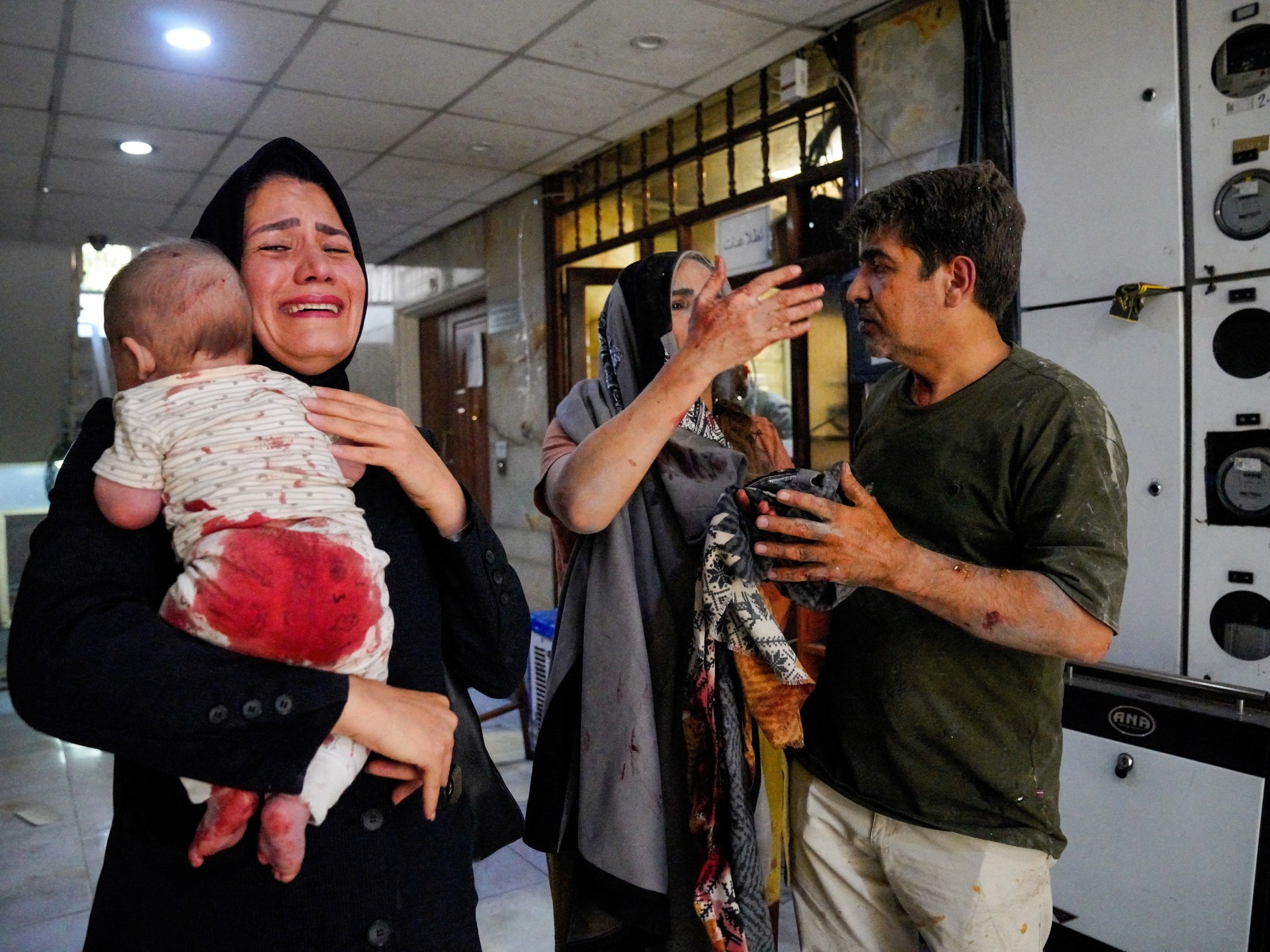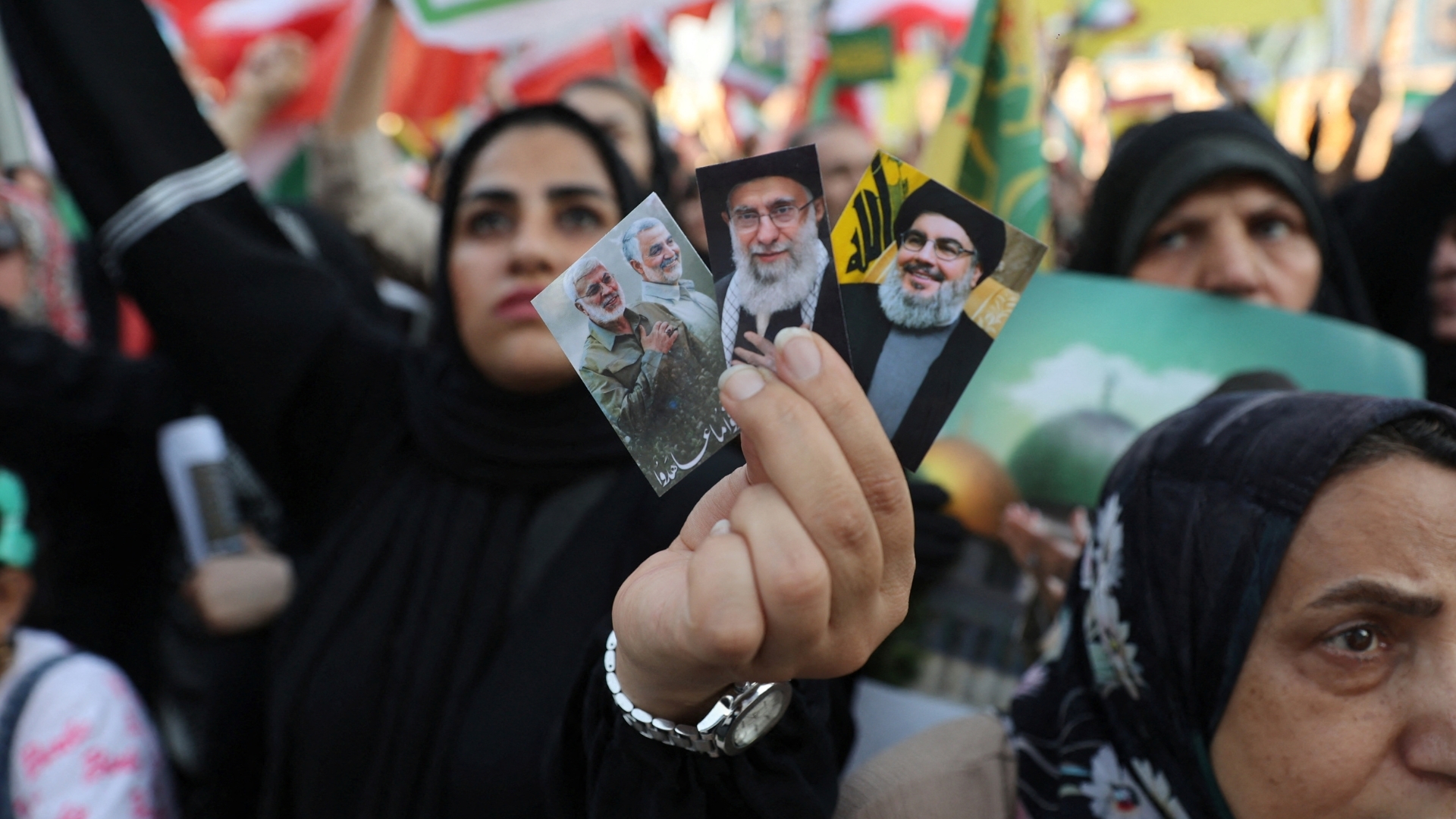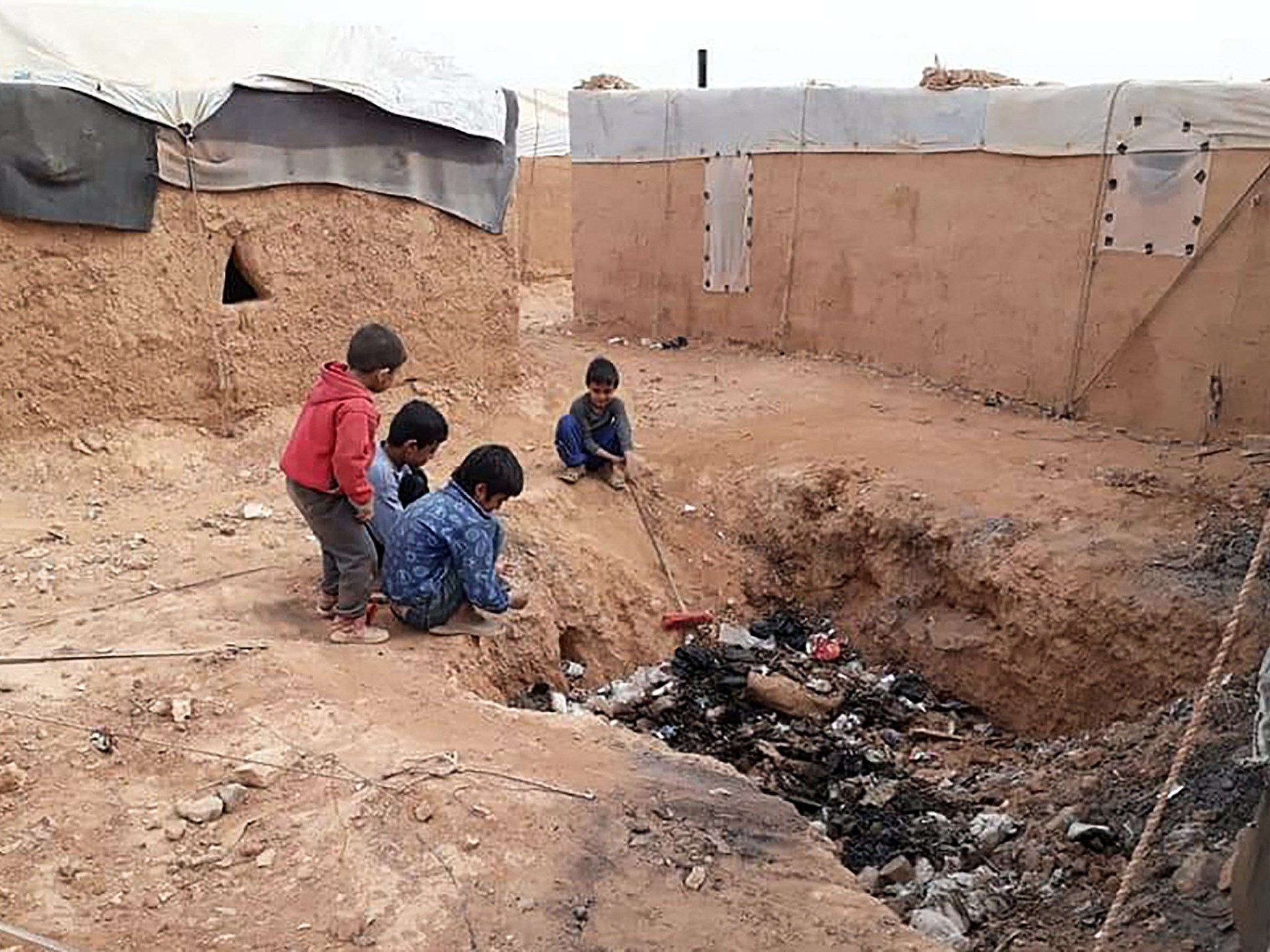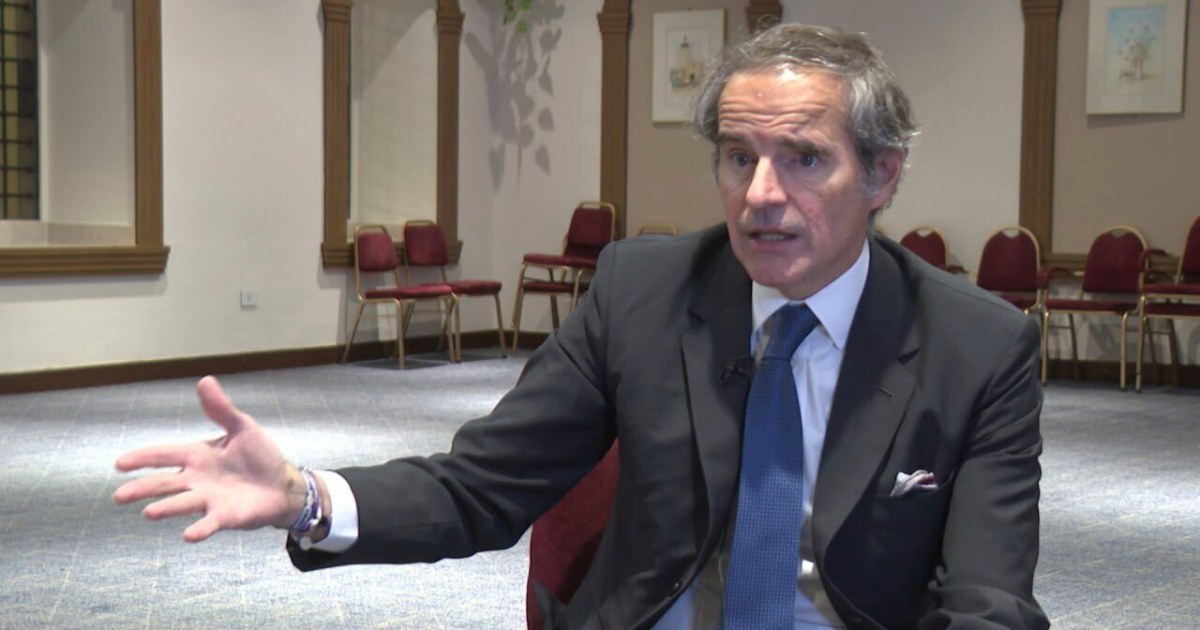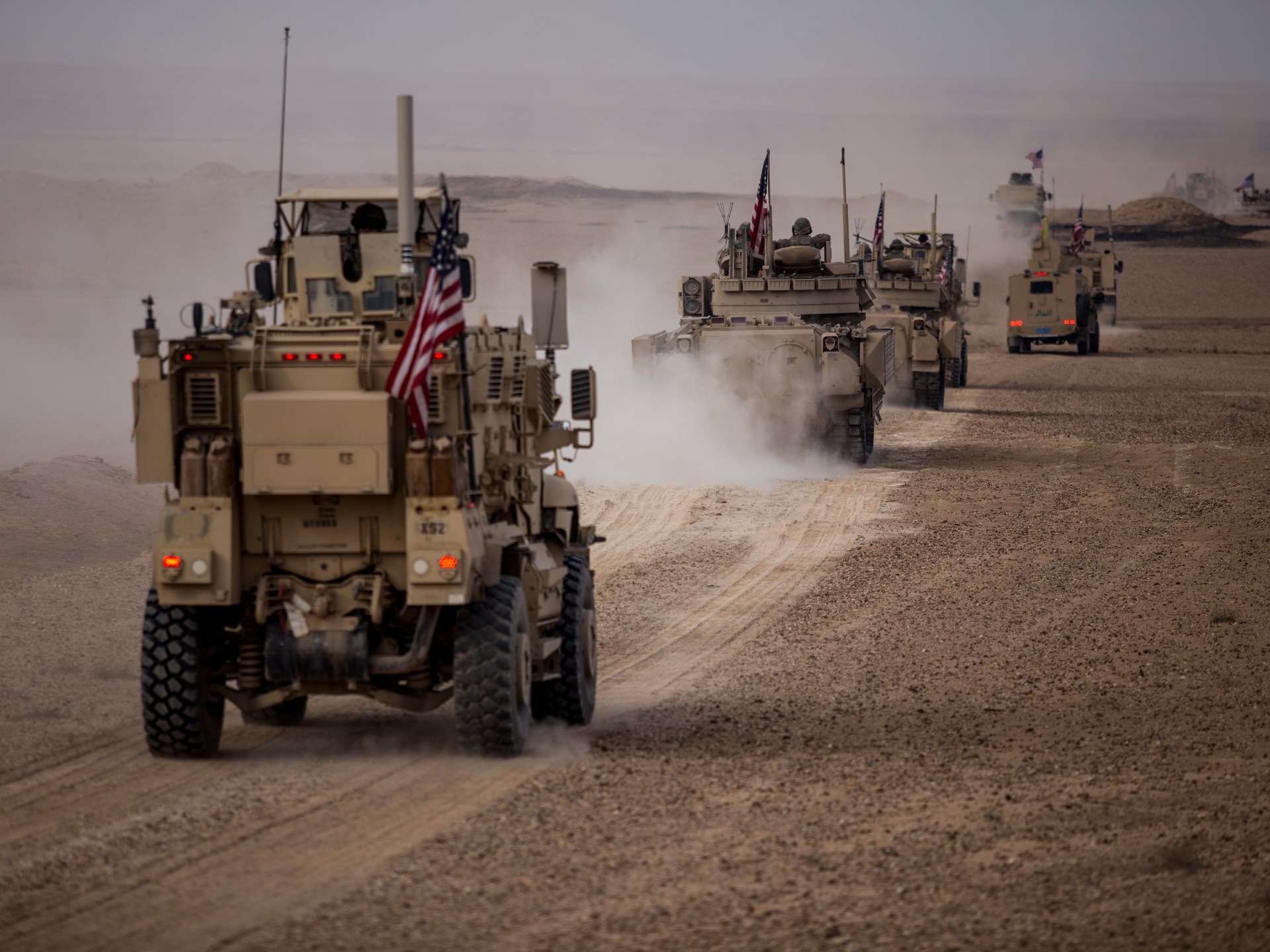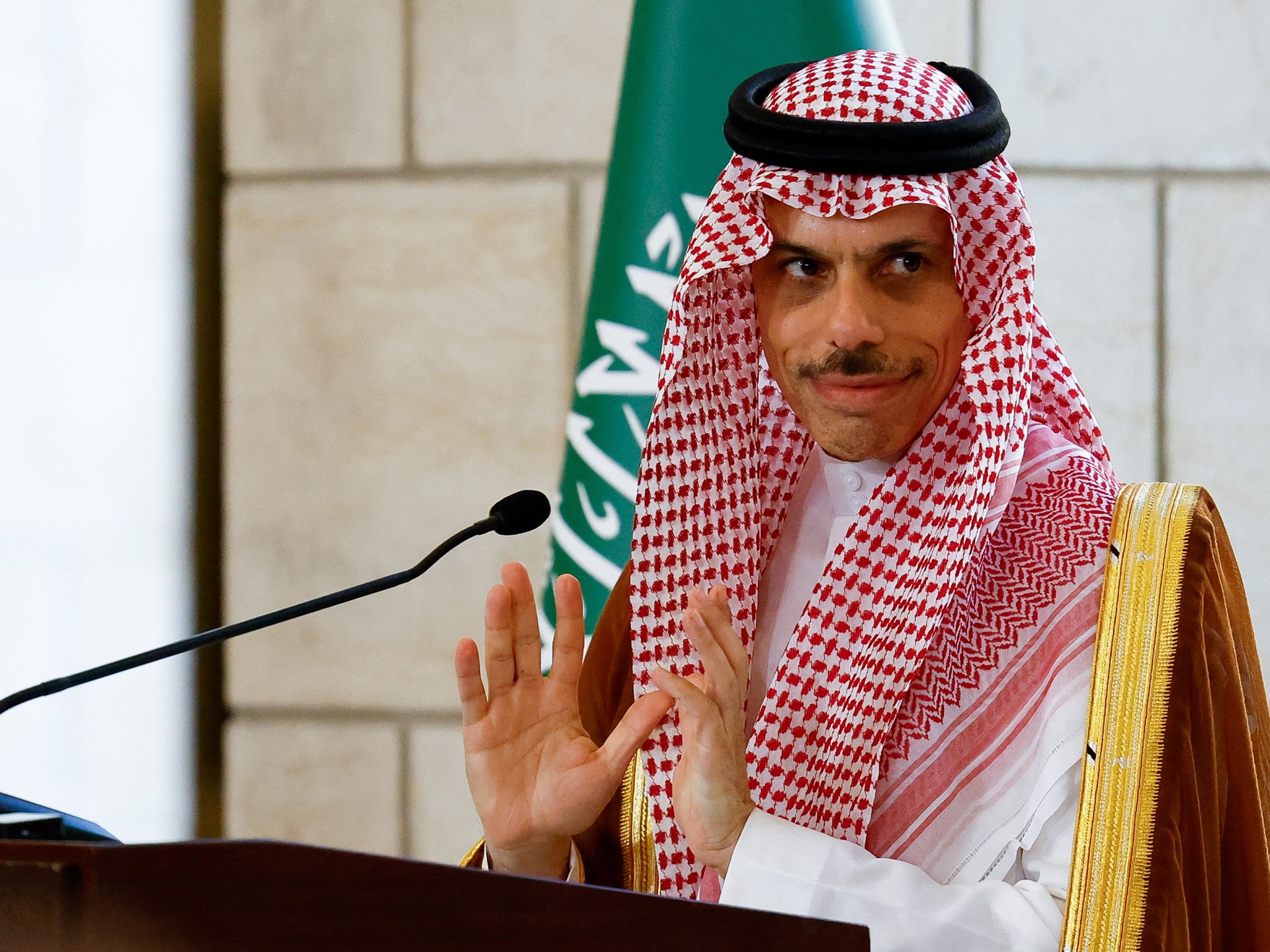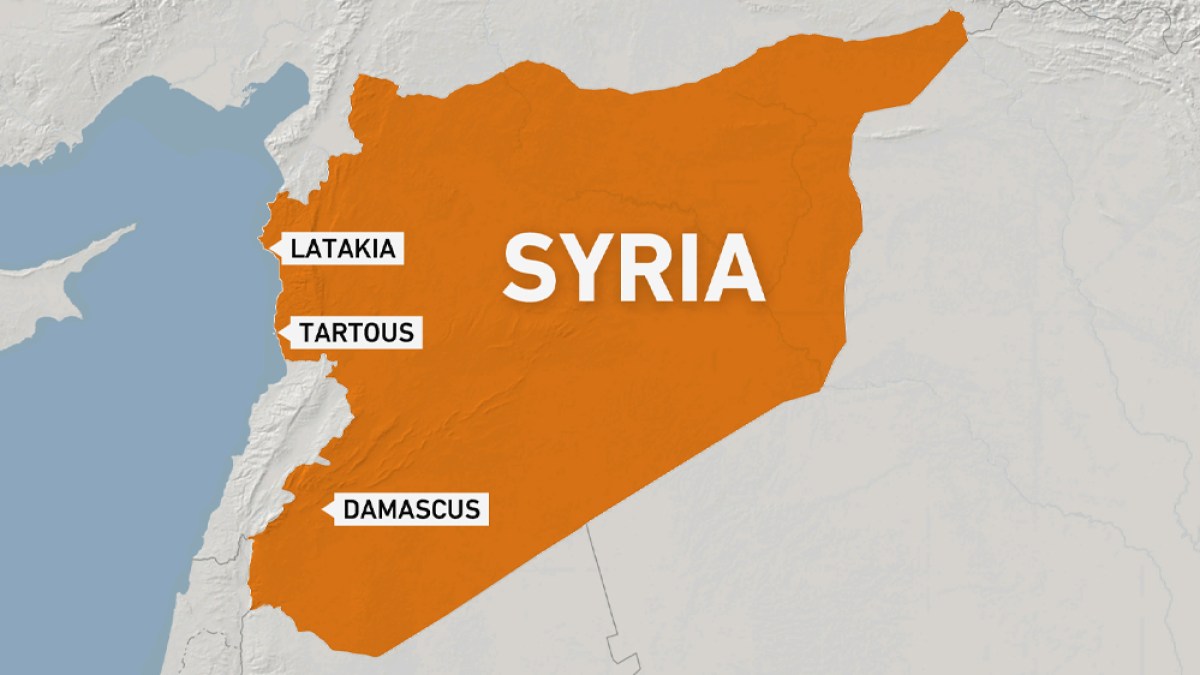Not just about the Druze: Israel’s rationale for its attacks on Syria | Conflict News
On Wednesday afternoon, Israeli Prime Minister Benjamin Netanyahu issued a video message to his country’s Druze minority. He implored them not to cross into southwestern Syria to support Syrian Druze militiamen in their fight against local Bedouin and government forces in Suwayda.
And yet, as Netanyahu made the statement, his own forces were bombing the Syrian capital Damascus, hitting the country’s Ministry of Defence, and killing at least three people.
Netanyahu claimed that he had deployed Israel’s military might in the defence of the Druze.
“My brothers, the Druze citizens of Israel, the situation in Suweyda in southwestern Syria is very serious,” the principal architect of the 2018 nation-state law that’s been widely criticised for marginalising the Druze and other minorities said. “We are acting to save our Druze brothers and to eliminate the gangs of the regime,” he assured them, referring to the Syrian government.
Israel’s Druze
Sectarian tensions between the Druze and local Bedouins in Suweyda are longstanding. Meanwhile, attempts by the newly formed Syrian government, which took power after the fall of longtime dictator Bashar al-Assad in December, to assert control over the region have been frustrated in part by Israel’s repeated threats against the presence of the Syrian military near its border.
There are roughly 700,000 Druze in Syria. Another 150,000 Druze live in Israel, where, at least before the 2018 law emphasising only Jewish self-determination, many regarded themselves as bound by a “blood covenant” with their Jewish neighbours since 1948 and the founding of Israel at the expense of hundreds of thousands of Palestinians who were ethnically cleansed in the Nakba. While some now feel like “second-class” citizens, the majority are still supportive of the Israeli state, where they serve in the military.
“The Israeli Druze see themselves as Druze, as Israelis, and as Arabs,” Rami Zeedan, an associate professor at the University of Kansas and the founder and editor-in-chief of Druze Studies Journal, said.
“Part of the identification with Israel is the feeling of both Jews and Druze being persecuted minorities,” he added. “Israeli Druze still feel that they have much more to gain from Israel compared to any other hypothetical future. As a cornerstone of this alliance is the protection of the Druze community.”
“The Israeli Druze are now trying to use that and urge the Israeli government to protect fellow Druze in Syria,” he said, explaining, in part, the justification for Israel’s strikes on Syria, where the Druze community has traditionally been anti-Israel, even as some leaders grow closer to Israel.
‘Pure opportunism’
But the reality is that Israel has long attacked Syria, even before the latest outbreak of violence involving the Druze in Suwayda.
Since the ousting of al-Assad after a 14-year war, Israel has struck Syria hundreds of times and invaded and occupied about 400 square kilometres (155sq miles) of its territory, excluding the western Golan Heights, which it has occupied since 1967.
Leading analysts within Israel suggest that these latest attacks may not have been entirely motivated by concern for the welfare of the Druze, so much as the personal and political aims of the Israeli government and its embattled prime minister.
“It’s pure opportunism,” Alon Pinkas, a former Israeli ambassador and consul general in New York, told Al Jazeera. “Of course, it’s nice to pretend that we’re helping our friends the Druze, in the same way as we never helped our other friends, the Kurds,” he said, referring to another regional ethnic group.
Pinkas sketched out a number of the motivations behind Israel’s recent strikes on Syria, from boosting Netanyahu’s newfound self-image as a wartime leader, to pushing back his corruption trial, to reinforcing the “delusion” that, over the previous 21 months, Israel has somehow managed to reshape the Middle East through military force alone.
“Lastly, he doesn’t want to see a unified Syria with a strong central government controlled by al-Sharaa,” Pinkas said. “He wants a weak central government dealing with areas controlled by the Kurds [in the north] and the Druze and Bedouin in the south.”
“Basically, if Syria remains un-unified, Israel can do what it wants in its south,” he added.
Netanyahu has repeatedly emphasised that Israel will only stand for a demilitarised Syria south of Damascus, including the region that encompasses Suwayda. This, in effect, creates a buffer zone for Israel, adding to the military reasoning for Israel’s actions in Syria.
Hollowed out by war
The attacks on Syria have the additional effect of sustaining the sense of crisis that has gripped Israeli society and sustained its government through numerous scandals since the Hamas-led attack of October 7, 2023, and the subsequent war on Gaza.
Israel has since attacked Lebanon, Iran, Yemen and Syria.
“It’s not that people are tired of war; it’s like they no longer even care. It’s ennui,” Israeli political analyst Ori Goldberg said of the public response to the latest attacks.
“War gives people energy and meaning, but it’s fleeting. People have even forgotten about the war with Iran,” he said, referring to the 12-day war in June that prompted global fears of regional escalation.
All the caveats and cautions that would normally precede military action had, Goldberg noted, been replaced by ever-fresh dangers requiring new escalations.
“It’s dangerous,” he said. “Israelis don’t care about the Druze. It’s just a new threat, a new front, and now there’s this tired, ‘OK, dude. Let’s do it [attitude]’.”
“War has hollowed us out.”
